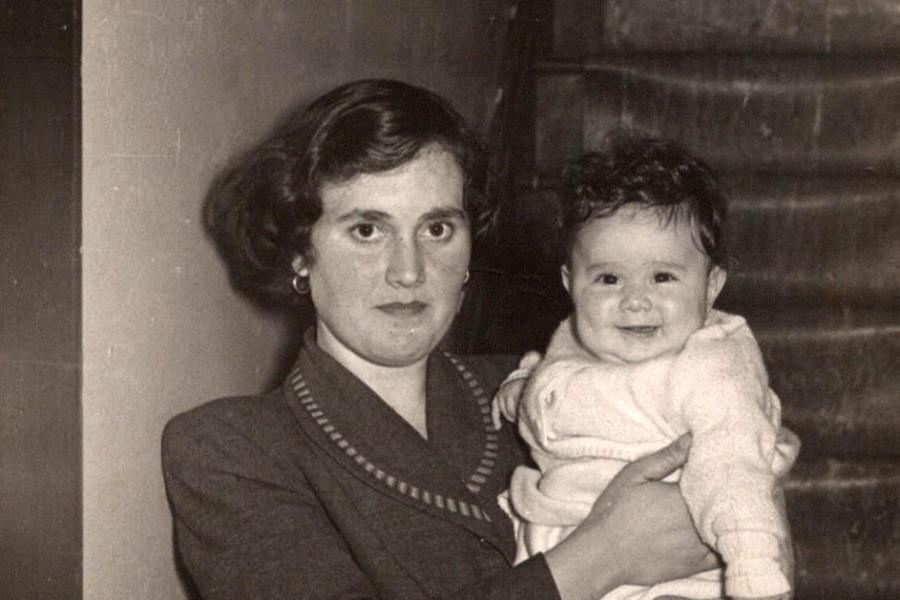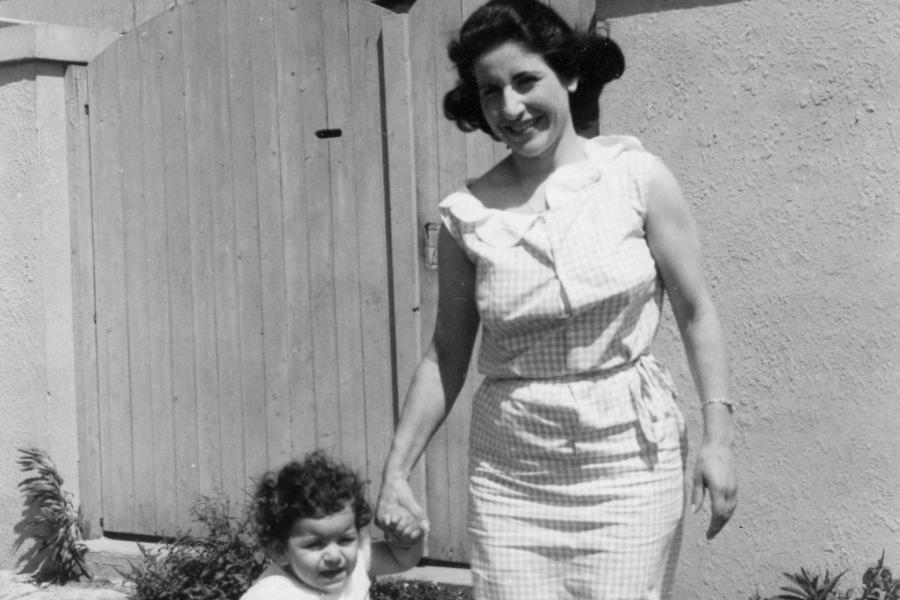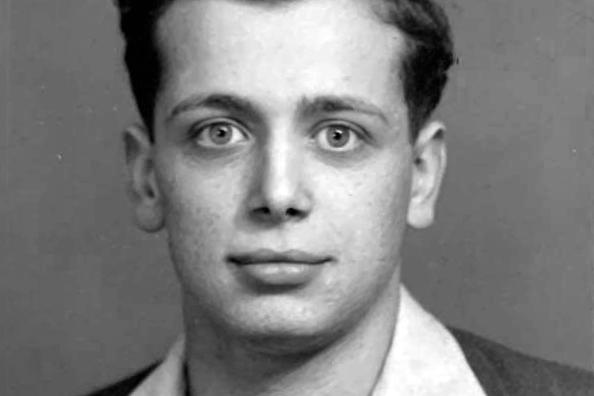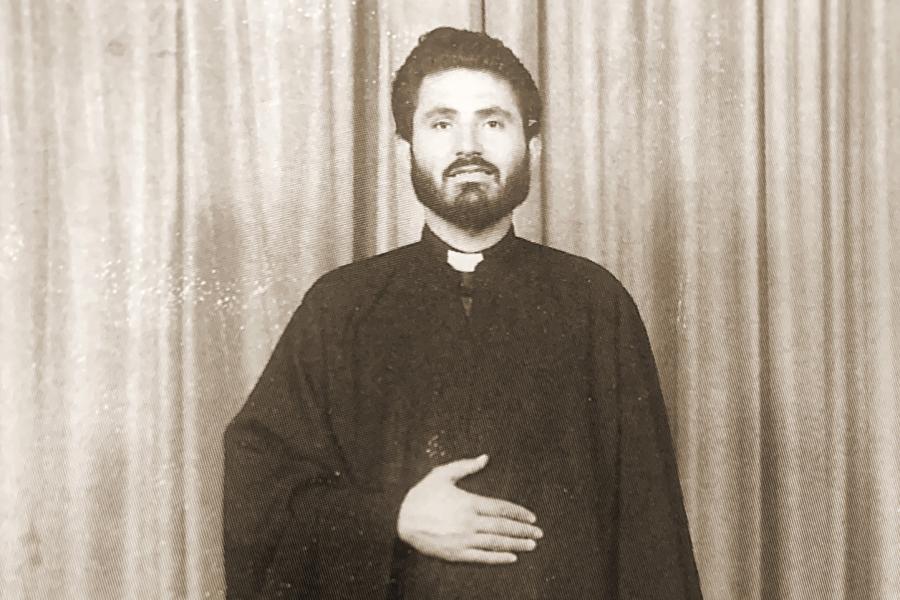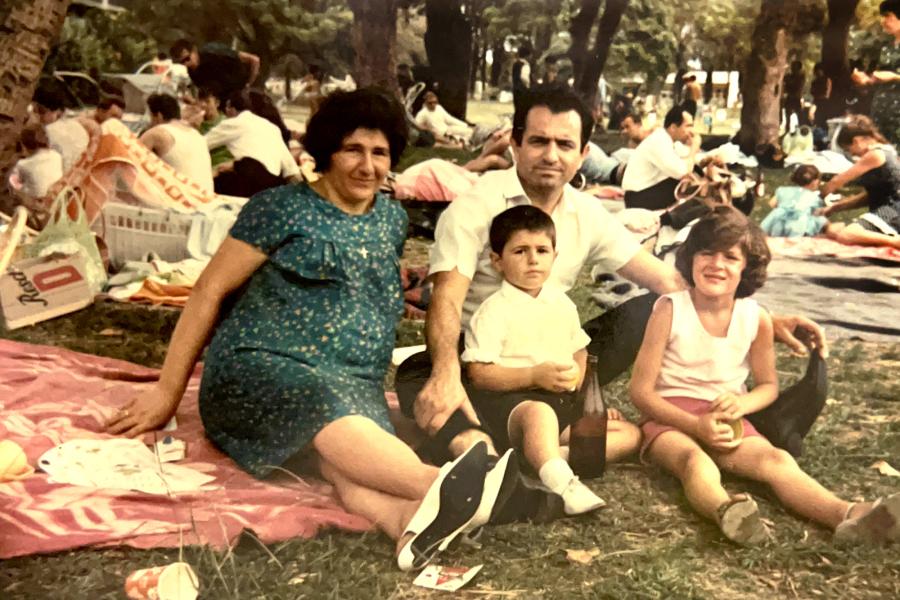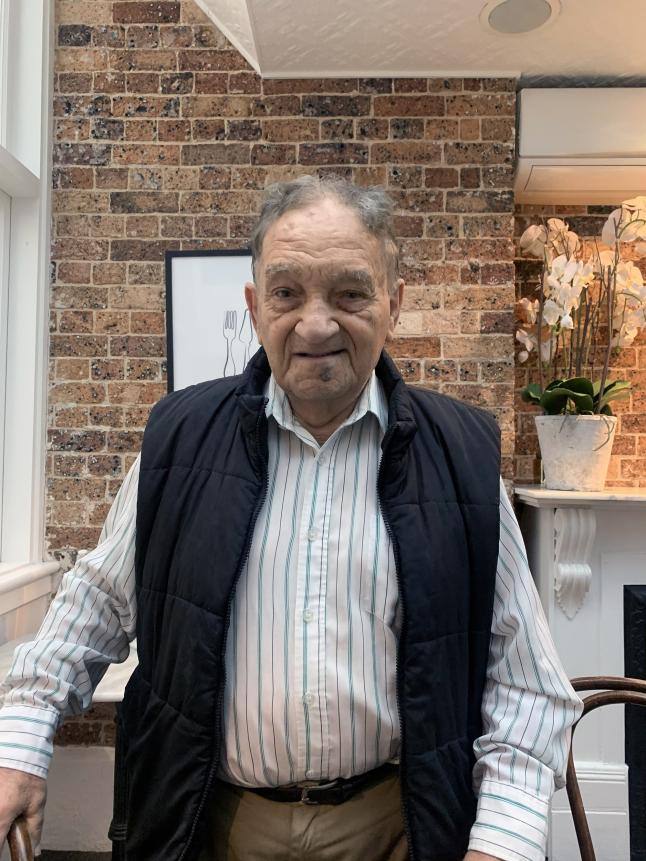

Speaker background
Minas was born in Kythera in 1937 and came with his family to Australia at the age of 11, initially living in Fremantle and then Sydney. His father operated a milkbar in Paddington, while he attended the local primary and high schools. In secondary school he developed an interest in mathematics and physics, followed up with radio and television technical courses, and then made a living repairing televisions. He travelled to Europe from the mid 1960s to the early 1970s, during which time he spent a few years in London. Later, during a visit to Kythera he married a local girl and had two boys.
Interview summary
Minas discusses the difficulties he experienced as a new migrant in Australian schools. He describes the xenophobia he suffered in Fremantle and, later, in Paddington, and how his education was interrupted by his family’s movements and limited English. Much of the interview details his travels to Europe and marriage in Kythera, where he met his future wife on a film set. He had to play the groom in a traditional Greek wedding. Six months later, he married the girl who played his bride.
Note: The recording commences a few minutes into the interview.
Interview highlights
highlight
Minas was teased and bullied at his first school in Fremantle, where he was the only Greek and because he did not wear shoes.
One day when we were lining up for school the teacher came up to me and pointed at my feet, because I had no shoes on [...]. I didn’t know what he was talking about. I got upset. Some people were laughing. So, I took off. But I was very fast on my feet . . . I just disappeared [laughs]. They tried to catch me but they couldn’t. So I ran over to my dad’s shop which was about one kilometre away. He had a little café, an old Greek café there. “What is it?” he said. I told him . . . So he [later] went to school and he was told that I needed a pair of shoes. So he went to get some shoes, but, at the time, for children’s shoes he had to have coupons, the same as for butter.
Timecode 02:15 - 04:23
highlight
Minas discusses the journey from Fremantle to Sydney.
Dad wanted to get out of Fremantle and come to Sydney, where the rest of the relatives were. So we came to Sydney by train, and that took about a week, I think. 5 days or a week. That was interesting, going through the Nullabor, the slow way. We arrived in Sydney. We went to Randwick, and stayed with an auntie of ours, on top of another Greek shop. And then, 3 months later, Dad found this shop in Paddington. So we moved into there, and we stayed up there [upstairs] for about twenty years.
Timecode 04:43 - 05:20
highlight
Minas recalls some of the shops in the neighbourhood.
One day a lemon hit me on the head. I nearly collapsed. Someone threw a lemon at me from the fruit shop next door. Because next door were Italians. The delicatessen was Hungarian . . The whole street was practically full of Europeans, you might say [...]. There were four fish shops between Paddington Town Hall and Queens Street up here! . . . One of them was [run by someone named] Kazakos, who later on had a fish shop down in Darlinghurst. Kazakos, Koutsoukos. . . The fellow up here was from Peloponnisos (the Peloponnese), very nice guy. [...]
Doumanis: Were there more milkbars?
Samios: Yes, there were more milkbars. Opposite the town hall was Mr Kaldoulis, he was from Evvia [...]. The other milkbar was opposite the picture theatre, because where the telephone exchange is now, that was the Oxford picture theatre, where I used to go to watch my cartoons which I did as a boy, and which I loved so much [...]. Now, there was Stan, who had a little café. The butchers just down from us were Greeks from Romania. The butchers two doors up were from Kythera, the Vamvakaris [Harris] family [...] Chris and Emmanuel and Costa [...] and Peter.
Timecode 53:38 - 56:30
